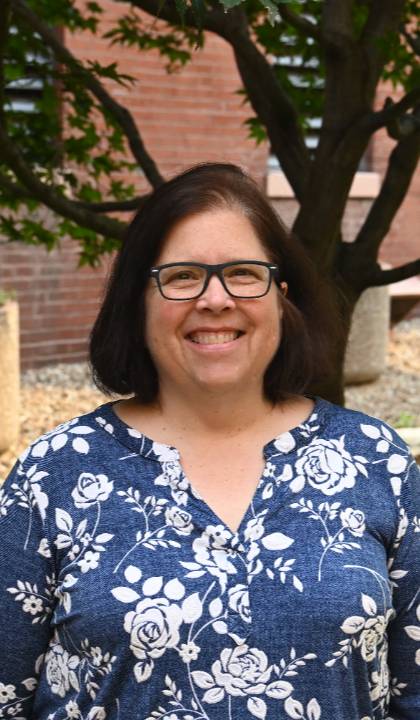Message from the Dean

As dean of the oldest college at Saint Louis University, it is my pleasure to welcome you to the College of Arts and Sciences. It is an honor and a privilege to serve as dean of the college. As the largest college at SLU, we offer more than 40 undergraduate options leading to a Bachelor of Arts or Bachelor of Science degree across our programs in the humanities, arts, natural sciences, social sciences and mathematics, and over 20 post-graduate degree options leading to a Master of Arts, Master of Science or doctorate (Ph.D.). No matter what you choose to study, we aim to develop your passion for your chosen major or academic discipline while at the same time opening your mind to think about the complex questions (and answers) addressed by a Catholic, Jesuit liberal arts education. A degree from SLU’s College of Arts and Sciences will do more than set you on a pathway for career success. It will prepare you to tackle the problems facing the world today by teaching you how to think analytically, to reflect before acting, to imagine new possibilities, and to communicate and dialogue effectively with others. You will develop content expertise, as well as gain an understanding of how to apply your knowledge and skills to the betterment of humanity.
Over the last four years, over 3,000 students have graduated from the College of Arts and Sciences. Survey data from these graduates indicates that over 95% of our graduates are employed or seeking a post-graduate degree. These numbers point to our success in a period of rapid change and disruption and serve as an important reminder that the education we offer, motivated and guided by Jesuit spiritual and intellectual ideals, is an education that provides you with the tools to meet the unknown demands of the future with confidence.
Thank you for your interest in the college and for your support and personal witness to our mission in the world.
In warm appreciation,
Donna J. LaVoie, Ph.D.
Dean and professor
College of Arts and Sciences
College of Arts and Sciences Mission
The College of Arts and Sciences is the heart of Saint Louis University, a Catholic, Jesuit institution whose mission is the pursuit of truth and the transmission of knowledge for the greater glory of God and for the service of humanity.
To fulfill this mission, the college aims to:
- educate both undergraduate and graduate students in an atmosphere of personal concern;
- encourage intellectual excellence, aesthetic appreciation, and critical thinking while still fostering spiritual and moral awareness;
- challenge students to be ethically responsible members of a diverse society who continue to pursue and further their intellectual and moral development and critically reflect on their social commitment;
- contribute to the discovery, synthesis, interpretation, and dissemination of new knowledge through significant research and publication; to serve academic and professional groups and the local and global communities by the application of knowledge to human issues and concerns.